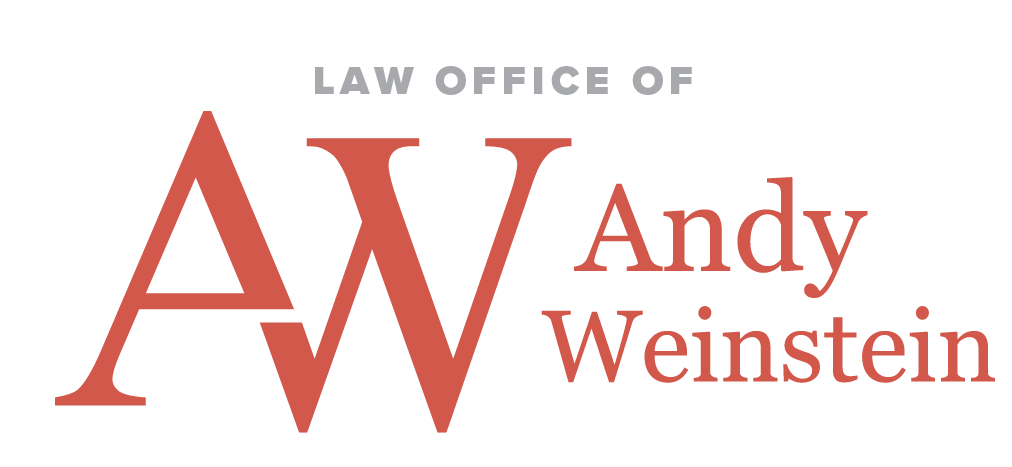The criminal charge of conspiracy can be hard to understand. It’s one thing to hear about a group of people who engaged in criminal behavior, but it’s another to see how the law applies to the specific details of their case.
In this blog post, we will take a closer look at the crime of conspiracy.
Elements of conspiracy
In criminal law, a conspiracy is a partnership of two or more people who plan to engage in crime, but the act of engaging in a conspiracy is itself a crime under both New Jersey and federal law. Under either set of laws, those convicted of conspiracy could face a prison sentence of five years or more in addition to any sentence they receive for the other crimes involved in the conspiracy.
When judges and attorneys talk about conspiracy charges, they talk about them in terms of elements. To prove a defendant guilty of conspiracy, prosecutors must prove all the elements. These are sometimes described as:
- Two or more people
- intentionally
- agreed to
- violate the law
- and took some “overt act” in order to carry out their plan.
Look again at the first four elements and you’ll notice that the conspirators must have intentionally agreed to break the law before they committed the crime. Look at the fifth element and you’ll see it’s not necessary that the conspirators ever actually committed the crime.
Example 1
Imagine a case in which Mick, Keith, Bill and Charlie agree to rob a bank together. In furtherance of their plan, Mick purchases masks and hands them out to his partners. However, before the bank robbery can take place, Brian, a disgruntled former associate of the group, finds out what his old comrades are up to, He alerts the police, who arrest Mick, Keith, Bill and Charlie for conspiracy.
Can Mick, Keith, Bill and Charlie be convicted? It’s possible.
In this case, the robbery never actually took place, but the partners did take an overt act to carry out their plan when Mick bought the masks and the others accepted them.
There were two or more people who intentionally agreed to violate the law and took an overt act toward committing the crime.
Example 2
Now, imagine a case in which Belinda, Jane, Kathy and Charlotte agree to rob a bank together. They carry through with their plan, and regroup at Gina’s house to hide from the authorities. Gina didn’t know about their plans to rob the bank until they showed up at her house. When she finds out what they did, she drives them to her aunt’s house in the country and tells them they can hide there.
Can Belinda, Jane, Kathy and Charlotte be convicted of conspiracy? Can Gina?
In this case, Belinda, Jane, Kathy and Charlotte’s story meets all the elements. Two or more people intentionally joined together to break the law and took an overt step toward completing it. In fact, they actually did complete the robbery. They likely could be convicted on conspiracy charges.
In Gina’s case, it’s different. She didn’t intentionally take part in any plan to rob the bank, nor did she take any overt step toward carrying out that plan. She could faces charges of being an accomplice after the fact, and she may be guilty of some other crime, but she likely could not be convicted of taking part in a conspiracy to rob the bank.

